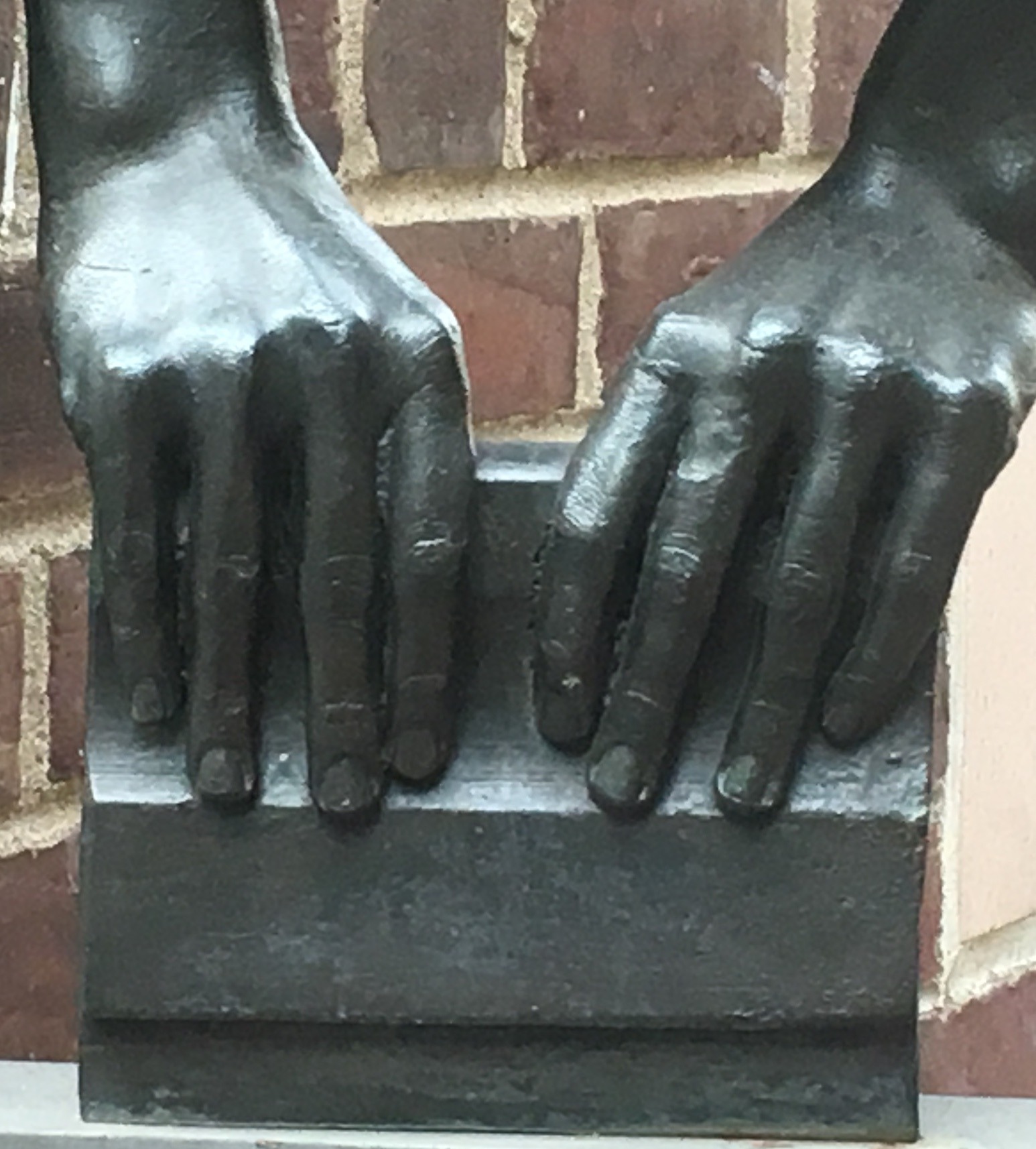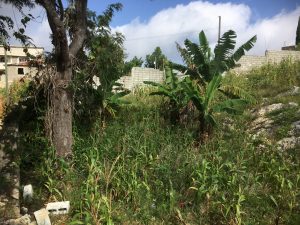
Short-Term missions have provided a learning and deepening of faith platform to thousands of volunteers for the past fifty years. They served alongside hundreds of global servants in very diverse ministries in all continents. Many of the volunteers who responded to God’s call in the early 1960’s, have themselves served as long-term missionaries, and are now seeing another generation begin to explore kingdom building opportunities in various missional settings. The desire to be the hands and feet of Christ touches many beautiful hearts along the faith journey.
The Short-Term Mission team, formerly known as Volunteers in Global Mission team, has registered hundreds of volunteers in the past fifty years. In 2018, 931 volunteers registered to serve in all parts of the world. Singles and teams have been sent by churches, regions, associations to all corners of the earth to be instruments of peace, mercy and love in the name of Jesus. In the early 1960’s volunteers often went for a year of volunteer service. In more recent years, men, women, families, inter-generational teams have served anywhere from two weeks for up to two years. Many journals have been written, suitcases packed, passports stamped and hearts transformed. But do we really know what happened to members of the X-Treme teams who went to Costa Rica or Ghana? What about those volunteers who served in the hills of Nicaragua a decade ago or played with children in remote villages in The Congo? So many unknown, which understandably shall remain unknown.
This year, some members of the Short-Term Mission team (Special Assistants, volunteers, graduate intern, staff), want to intentionally walk alongside a few volunteers and become co-learners, walk as co-disciples of Christ and reflect on lived experiences.
Short-Term Mission trips are transformative. God sees beauty in wilderness. 
It is also clear, that when volunteers return to their home base, adjust to a new routine, questions linger. The re-entry process to the life they knew before they left has its own emotional and spiritual timeline.
When the Apostles were walking with Jesus, there was a constant “teacher-student/servant/mentor” exchange. Jesus presented a learning platform by walking alongside His followers. Jesus encouraged them and us to “go and make disciples.” (Matthew 18:19-20). True discipleship, true learning never stopped because witnessing and story telling never stopped. Today, in whatever setting we find ourselves ministering and living Matthew 25 (whether it be sitting in the back pews of a congregation, serving at a soup kitchen, waiting in line with other migrants at a border crossing, or learning to put together a water filtration bucket), we strive to show God’s image of mercy, truth, hope and love in all we do. We are followers of Christ 24/7. The Emmaus Walk referenced in Luke 24 is as real in 2019 as it was 2,000 years ago. The questions remain, and the STM team is eager to walk alongside willing co-learners to delve into faith raising questions. We want to create an intentional platform to be co-listeners, co-laborers cultivating God’s Kingdom. As Kara Martin says in her book Workship 2 How to Flourish at Work, key methods of mentoring involve “listening, asking questions, discerning emotions, building relationships and focusing on the spiritual growth of the other.” The STM team will interact in a new way with volunteers/co-learners as part of the de-briefing sessions. This old and new Emmaus Walk will forge and strengthen relationships for kingdom building in the lives of all involved.
Sarah McCloy, our graduate minister intern feels that “one aspect of cultivating disciples is to provide encouragement. The path of discipleship is often difficult. A crucial part of mentorship is to provide support and reassurance during moments of doubt, anxiety, or stress. I was reminded recently of an example of this from my own discipleship journey. A close friend filled a little bag with Scripture verses and encouraging messages, and I carried it with me during a short-term mission trip to Japan. During the moments when I felt worried or inadequate, I opened up that little bag and read a word of encouragement to have faith and keep following the path of discipleship.”
James Williams, our Administrative Assistant, sees the process of continued dialogue as ” a continued learning process for teams to have when they return to the US. It is an ability to develop long standing relationships, like Jesus did with the Apostles and with His followers. We are told to do likewise. I find myself striving to “witnessing through with-ness” in the de-briefing sessions with teams.”
Herb Rogers, our volunteer Special Assistant to STM and Haiti, reflects on his 25 years of teaching laboratory and X-Ray techniques in Cap Haitien during his missionary years in Haiti, and says that “the most effective teaching moments were during the one-on-one sessions.”
It is a humble honor to walk alongside volunteers and be holders of individual and corporate questions during pre-trip orientation sessions and post-trip de-briefing conversations. The STM team recognizes that the Emmaus Path is not a solitary one. We are all grateful that you let us come and gently journey with you. We are honored to be co-learners, co-laborers, co-disciples in Faith Raising.
